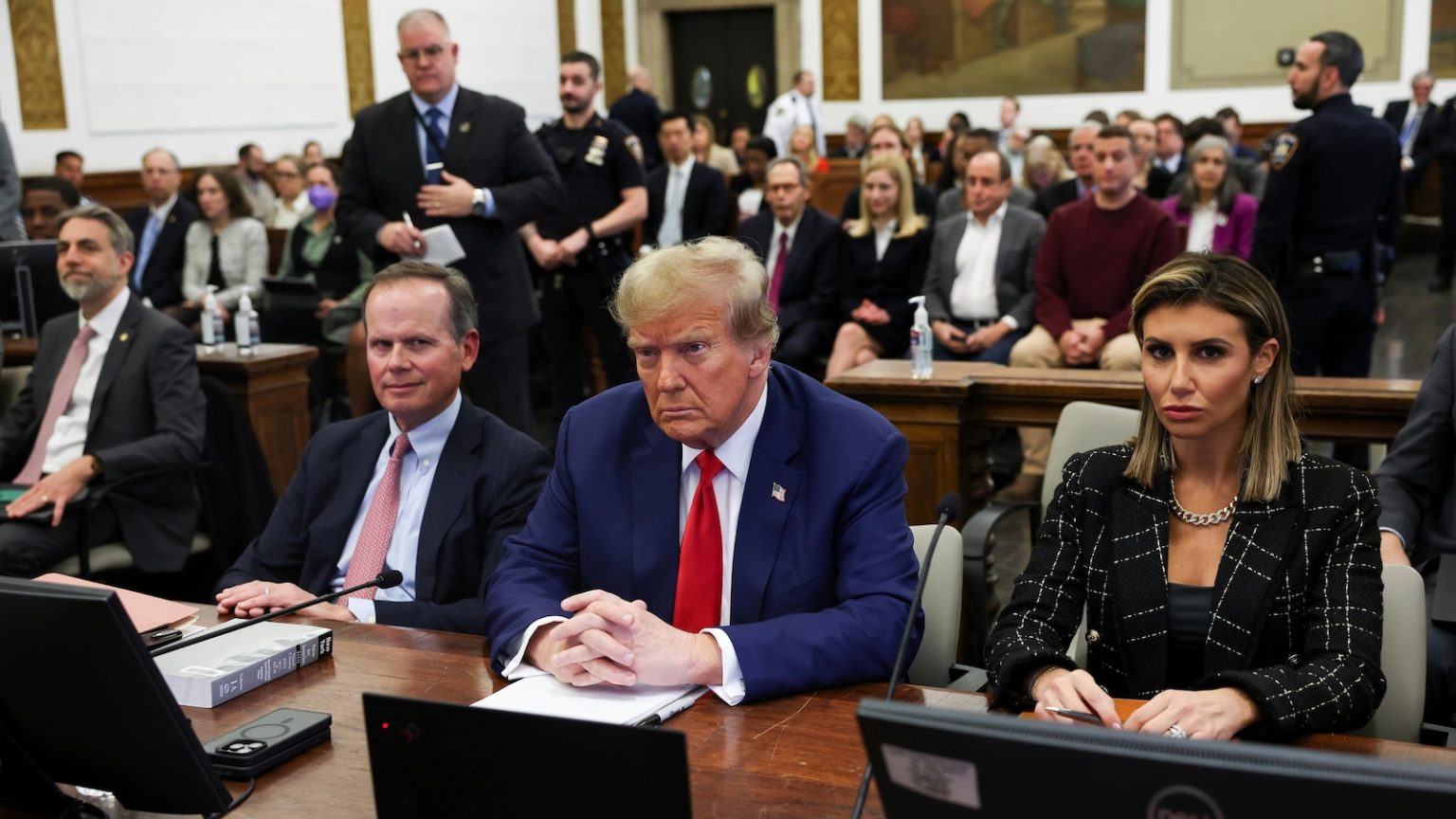Donald Trump has filed an appeal against a $454 million New York civil fraud judgment that found him guilty of lying about his wealth while growing his real estate empire. The appeal challenges the judge’s ruling that Trump inflated his wealth to deceive banks and insurers. The former president’s lawyers filed notices of appeal, seeking to overturn the verdict and reverse the penalties imposed on Trump that could wipe out his cash reserves.
The appeal does not automatically halt the enforcement of the judgment, and Trump has until March 25 to secure a stay, which would pause the collection while he appeals. Trump’s lawyers could ask for an automatic stay by putting up money, assets, or an appeal bond covering what he owes. The appeal raises questions about whether the judge made errors of law or fact and if he exceeded his jurisdiction. Trump’s lawyers did not immediately respond to questions regarding the appeal bond.
If upheld, the judgment would force Trump to pay $454 million, including penalties and interest that continue to accrue until he settles the amount. Trump maintains that he is worth billions of dollars and testified that he had around $400 million in cash, in addition to other investments. The Attorney General Letitia James has stated that she will seek to seize some of Trump’s assets if he is unable to pay the judgment.
The appeal ensures that the legal battle over Trump’s business practices will continue through the presidential primary season and beyond as he seeks the Republican presidential nomination. Trump has criticized the judgment as “election interference” and “weaponization against a political opponent.” His lawyers have accused the trial court of bias and have challenged the legal mechanics of James’ lawsuit.
Trump faces multiple legal challenges in addition to the New York civil fraud judgment, including criminal charges in Georgia and Washington, D.C., related to attempts to overturn the 2020 election results. In Florida, he is charged with hoarding classified documents, and he is scheduled to go on trial in Manhattan for falsifying business records. The appeal is one of many legal battles Trump is currently facing as he seeks to overturn the civil fraud judgment and other charges against him.
The Appellate Division will consider Trump’s appeal and could uphold, reduce, or overturn the penalty imposed by the lower court. If Trump is unsuccessful at the Appellate Division, he can appeal to the state’s highest court, the Court of Appeals. The outcome of the appeal will determine whether Trump is required to pay the $454 million judgment or if the penalties will be reversed.









